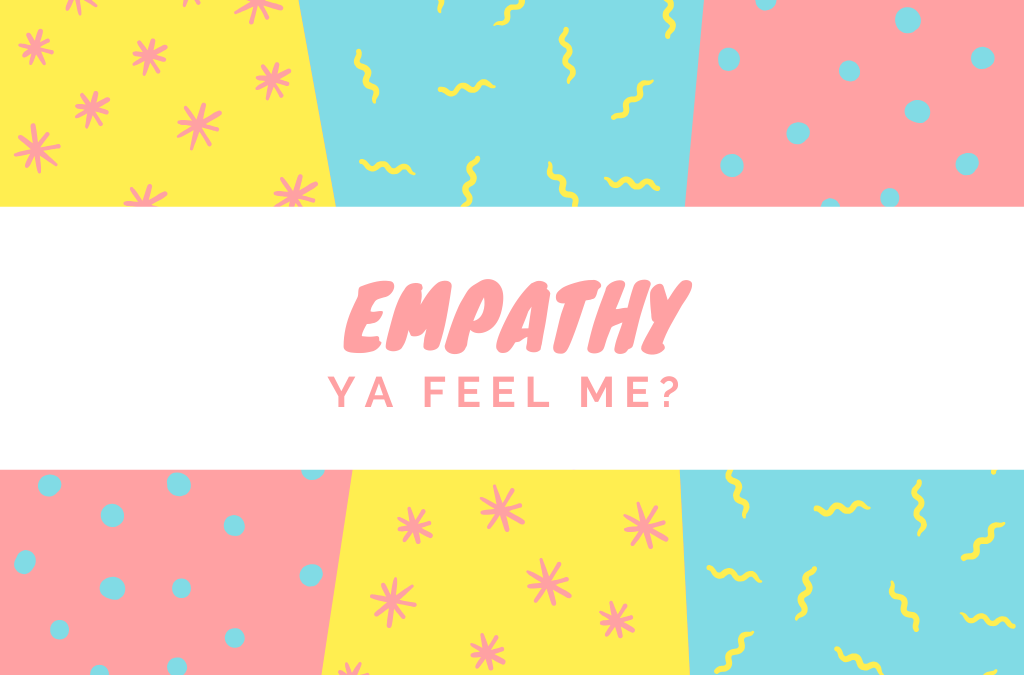June 26, 2020
In this final piece of our six-part Social-Emotional Learning (SEL) series we explore the topic of empathy. A topic which, in many ways, in the culmination of all aspects of SEL we have covered. Kindness, Acceptance, Friendship, Respect, Growth-Mindset, and others, all are rooted in empathy. Can you have respect without feeling empathy or working towards mutual understanding? Can you grow and change without the curiosity of understanding another’s circumstance? In the other direction, can you feel empathy without kindness or acceptance?
Empathy is not only understanding another humans experience or feelings, it is also a desire to learn to understand their experience.
So how can we impact change? Let’s start with empathy. It is what we are striving to grow daily at SolBe. In every interaction, with every child, with every family…Starting with the kids and spreading in our community, our state, and our country.
How do we introduce Empathy in Social-Emotional Learning?
Each of the SEL traits we have covered is deeply linked. It is important to understand these characteristics are not developed in siloed interactions or activities; they all come together in a moment-by-moment learning soup!
As early as infancy and then onward, the process of learning empathy has been tied to expression modeling. What is the tone in your voice in a certain interaction your child is observing? How about your facial expression, your body language or gestures? Our youngest citizens are wired to imitate. As adults, caretakers, and educators we need to be conscious of the impact of our actions. Which leads me to my next point…
Modeling, modeling modeling
I have said it before and will continue to soapbox this one. Your kids see you. They hear you. If we act with integrity, from a place of kindness and growth, our children will imitate our behaviors. This does not mean being perfect! However, it does mean acknowledging challenges or mistakes (remember back to the growth mindset piece). Encourage your child to “be a helper”. Talk to them. Ask them questions about their day, about their friends, about their experiences.
Three ways to help foster growth:
The resource listed below from the Making Caring Common Project gives three tips for developing empathy at home:
- “Know your child. Ask your child questions. For example, what did you learn today that was interesting?”
- “Demonstrate empathy for others, including those different from you.”
- “Engage in self-care and self-reflection.”
Books to Pair:
- You, Me and Empathy by Janeen Sanders
- Save Me a Seat by Gita Varadarajan, Sarah Weeks
- Chocolate Milk, Por Favor: Celebrating Diversity with Empathy by Maria Dismondy
- The Monster who Lost his Mean by Tiffany Strelitz Haber
Helpful Resources:
- For Families: 5 Tips for Cultivating Empathy from the Making Caring Common Project
- How Do Children Learn Empathy? By Justin H G Williams
- Raising Helpful Kids: Tips for Teaching Generosity and Kindness by Gwen Dewar, Ph.D
- The Neuroscience of Empathy by Christopher Bergland
More resources to follow in the coming days. Feedback and more ideas welcome!
Above all, be well and stay healthy!


